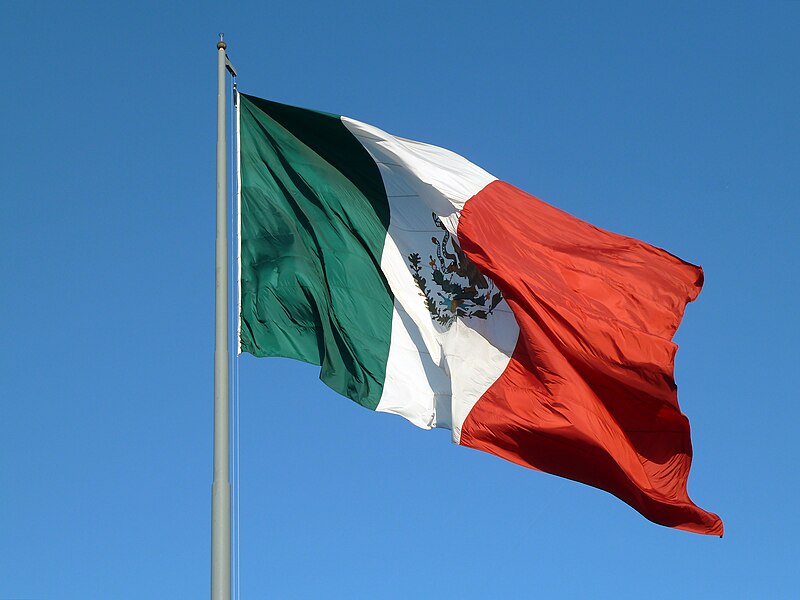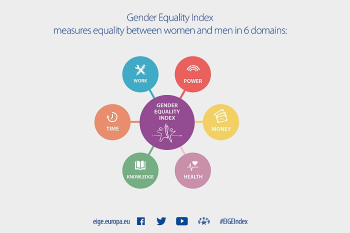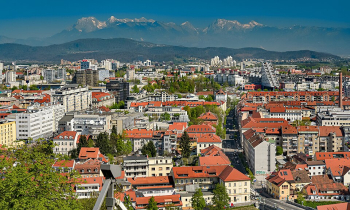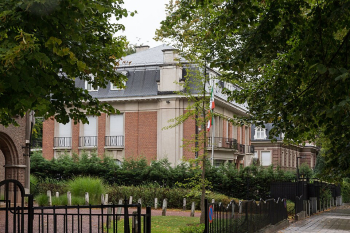
Negotiations to modernize the EU's Global Agreement with Mexico have concluded, marking a milestone in strengthening the relationship between the two partners.
The agreement was finalized following high-level discussions between EU Commissioner for Trade and Economic Security Maroš Šefčovič and Mexico’s Secretary of Economy Marcelo Ebrard.
This modernized framework aims to expand EU-Mexico political dialogue, enhance cooperation, and boost economic ties. It is designed to create new opportunities, particularly for EU agri-food exports to Mexico, while supporting shared values such as sustainable development and anti-corruption measures across public and private sectors.
Advancing shared goals
The agreement underscores joint ambitions to uphold human rights, promote multilateralism, and enhance global peace and security. It provides a strategic framework for cooperation on critical global challenges, such as:
- Diversifying and securing supply chains.
- Ensuring sustainable access to critical raw materials.
- Addressing climate change and environmental protection.
These efforts align with broader goals to enhance economic competitiveness and transition toward a net-zero economy. The deal also prioritizes collaboration on pressing issues, including sustainable development, organized crime, migration, and gender equality.
European Commission President Ursula von der Leyen remarked, “The EU and Mexico are already trusted partners. With this agreement, we will deepen our cooperation, benefiting our people and economies. This landmark deal demonstrates how open, rules-based trade can deliver prosperity, economic security, and progress on climate action and sustainable development.”
Strengthening trade and economic security
The trade aspect of the agreement is poised to significantly enhance an already robust economic partnership. In 2023, EU-Mexico trade in goods reached €82 billion, with an additional €22 billion in services traded in 2022. Mexico remains the EU’s second-largest trading partner in Latin America.
Key features of the trade agreement include:
- Boosting EU service exports in sectors such as financial services, e-commerce, transport, and telecommunications.
- Strengthening supply chains for critical raw materials and enhancing industrial competitiveness.
- Eliminating non-tariff barriers and ensuring a level playing field in areas like intellectual property rights.
- Allowing EU companies to compete equally for Mexican government contracts.
- Facilitating European investments in Mexico.
- Encouraging digital transformation with a dedicated digital trade chapter.
- Introducing improved rules for product reuse and repair to support sustainability.
Benefits for EU farmers and agri-food sector
Mexico, a net importer of EU agri-food products, presents significant opportunities for European farmers. The agreement will:
Remove tariffs—some as high as 100%—on key EU exports, including cheese, poultry, pork, pasta, apples, chocolate, and wine.
Protect 568 iconic European products under Geographical Indications.
Streamline procedures to make agri-food exports faster and more cost-efficient.
A modern and sustainable agreement
The agreement includes a robust trade and sustainable development chapter that establishes legally binding commitments on labor rights, environmental protection, and responsible business practices. These provisions will be enforceable through dispute resolution mechanisms and monitored with input from civil society organizations.
Commitment to human rights and multilateralism
Beyond trade, the agreement strengthens EU-Mexico collaboration on:
Promoting human rights, democracy, and the rule of law.
Addressing drug trafficking, organized crime, and migration challenges.
Advocating for multilateralism and enhanced participation in global institutions like the UN, WTO, and G20.
Next steps
Following a final legal review, both parties will proceed with the necessary procedures for ratification. Official documents will be made publicly available in the coming days.
Background
The EU-Mexico partnership, governed by the original Global Agreement since 2000, has evolved significantly. Mexico has been a strategic partner of the EU since 2008. Negotiations to modernize the agreement began in 2016, aiming to create a comprehensive framework addressing shared priorities, including trade, political collaboration, climate action, and human rights. Photo by Rob Young from United Kingdom, Wikimedfia commons.
















